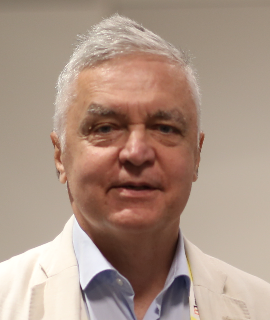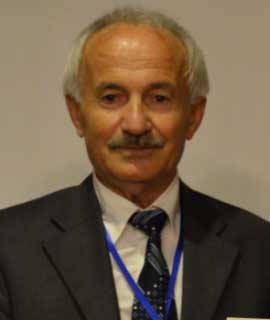Biocatalysis is the use of natural substances to speed up chemical reactions, such as enzymes from biological sources or complete cells. Enzymes play a critical role in hundreds of events, including the production of alcohols from fermentation and the formation of cheese from the breakdown of milk proteins. In many aspects, biocatalytic processes are comparable to conventional processes, and the most important considerations for both single and multistep reactions are reaction kinetics and stability. Biocatalysis begins with the identification of the target reaction, followed by biocatalyst discovery, characterization, engineering, and process modelling.
Biotransformation is the chemical modification (or modifications) of a chemical compound by an organism. The biotransformation is called mineralization when the change results in mineral molecules such as CO2, NH4+, or H2O. Chemical changes in the body, such as nutrients, amino acids, toxins, and medications, are referred to as biotransformation.
- Biocatalytic hydrogenation-type reactions
- Synthetic biology
- Synthetic organic chemistry
- Biocatalytic cascade reactions
- Metabolites and drug metabolizing enzymes
- Bioactivation and safety

Thomas J Webster
Interstellar Therapeutics, United States
Sergey Suchkov
R&D Director of the National Center for Human Photosynthesis, Mexico
Christopher Koroneos
University of Western Attica, Greece
Haibo Ge
Texas Tech University, United States
Valery P Kalinitchenko
All Russian Phytopathology Research Institute, Russian Federation
Osman Adiguzel
Firat University, Turkey
Delia Teresa Sponza
Dokuz Eylul University, Turkey
Guangnan Ou
Jimei University, China


Title : Using cells as the environmentally catalyst for nanoparticle synthesis: Killing bacteria, inhibiting inflammation, and growing tissues
Thomas J Webster, Interstellar Therapeutics, United States
Title : Personalized and Precision Medicine (PPM) as a unique healthcare model to be set up through biodesign-inspired biotech-driven translational applications and upgraded business marketing to secure the human healthcare, wellness and biosafety
Sergey Suchkov, R&D Director of the National Center for Human Photosynthesis, Mexico
Title : Chemical soil biological engineering and biogeosystem technique methodology
Valery P Kalinitchenko, All Russian Phytopathology Research Institute, Russian Federation
Title : Antibody-proteases as translational tools of the next-step generation to be applied for biotech, bioindustry and personalized and precision medical practice
Sergey Suchkov, R&D Director of the National Center for Human Photosynthesis, Mexico
Title : Shape memory phenomena and crystallographic transformations in shape memory alloys
Osman Adiguzel, Firat University, Turkey
Title : Construction of artificial metalloenzymes by protein refolding
Guangnan Ou, Jimei University, China
Title : Photoremoval of some brominated phenols (4-bromophenol and 2,4,6-tribromophenol) with reused polystyrene foam and SnO2
Delia Teresa Sponza, Dokuz Eylul University, Turkey
Title : Phenol removal from wastewater using innovative biological and industrial wastes as adsorbents
Ashanendu Mandal, University of Calcutta, India
Title : Boom of nanomaterials in environmental remediation
Vijendra Singh Solanki, Institute of Science and Research, India
Title : Process intensification for the production of 2, 2-dimethoxypropane using Fixed BED Chromatographic Reactor (FBCR)
Akash Sunilrao Shinde, Indian Institute of Technology Bombay, India